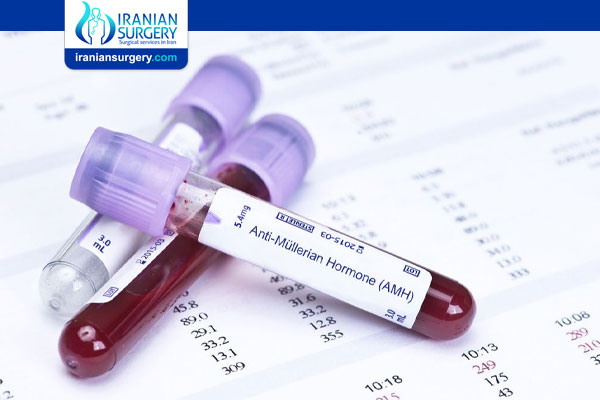What Tests Need to Be Done Before IVF?
What Tests Need to Be Done Before IVF?
IVF is one of the most effective assistive reproductive technologies. This complex procedure is used to help those with fertility problems to have children. In some cases, it can be used to prevent genetic problems being passed onto the child. This is done with the use of preimplantation genetic testing (PGT).
The procedure involves collecting mature eggs from ovaries and fertilizing them by sperm in a laboratory before transferring the embryo to a uterus. But before the procedure can begin, several tests have to be performed. Some of the necessary tests include:
What Are the Various Tests Performed Before Undergoing IVF?
Blood Group and Blood Sugar Level
Before IVF can be done, your doctor will need to determine your blood group and that of your partner to prepare for blood group-related complications such as rhesus disease and ABO incompatibility. You may also need to be tested for diabetes (high blood sugar level). If you have diabetes, it will need to be managed to prevent complications.
Ovarian Reserve Testing
This test seeks to determine the quality and quantity of your eggs. Your doctor will analyze a blood sample to determine the concentration of hormones such as anti-mullerian hormone, estrogen, and follicle-stimulating hormone.
Together with an ultrasound scan of your ovaries, ovarian reserve testing will go a long way in helping your doctor get a general idea of how your ovaries might respond to fertility medication.
Tubal Patency Test
A tubal patency test is a procedure used to check if fallopian tubes are blocked or open. The procedure can also be used to check the shape of the uterine cavity and tubal patency to determine the kind of treatment a woman needs to conceive and carry a pregnancy successfully. This test is called an HSG (hysterosalpingogram) and needs to be performed at a specialized imaging center.
Infectious Disease Screening
Your doctor will screen you for infectious diseases such as rubella, hepatitis B, varicella, chlamydia, STIs, and HIV. These diseases could put the growth of a fetus at risk and even lead to severe complications. Doing these tests helps doctors guide their patients on what needs to be done to ensure that mothers and babies are safe.
Semen Analysis
A sample of the semen has to be obtained and taken to the laboratory for analysis. The analysis will consider the motility, shape, and concentration of sperm in the semen. If the sperm sample indicates there may be issues with your fertility, a specialist will discuss options with you.
Final Word
These are some important tests for IVF treatment to tie out the best treatment options for you. It is important to discuss with the doctor what tests need to be done and share your complete medical and family history. Based on the findings there may be a number of other tests that may be required. These tests ensure that you have the best possible chances of having a successful IVF but not a guarantee that the IVF procedure will be successful in your case.
About Iranian Surgery
Iranian surgery is an online medical tourism platform where you can find the best doctors and plastic surgeons in Iran. The price of IVF in Iran can vary according to each individual’s case and will be determined by an in-person assessment with the doctor.
For more information about the cost of IVF in Iran and to schedule an appointment in advance, you can contact Iranian Surgery consultants via WhatsApp number 0098 901 929 0946. This service is completely free.
Source:
https://www.reproductivefertility.com/news-articles/what-tests-are-performed-before-starting-ivf/


